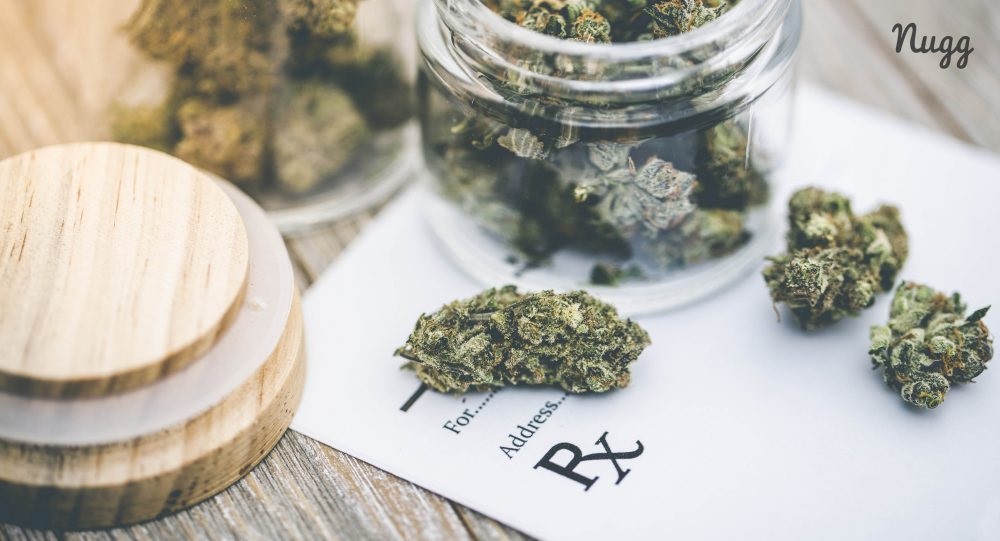
Rheumatoid arthritis (RA) is a chronic inflammatory and autoimmune condition. It starts by causing swelling in the lining of the joints in the hands, wrists, and knees but can lead to a wide variety of issues throughout the body. It can cause a range from mild to severely debilitating pain.
Augustin Jacob Landré-Beauvais documented the disorder in 1800, and according to the World Health Organization, it now affects approximately 18 million people worldwide. The specific cause of RA is still unknown.1
No known cure for RA exists, but inflammation-reducing medication is the typical treatment. Harvard University published an article in 2022 listing a few studies that have shown these medications can also help reduce the risk of dementia.
What Causes Rheumatoid Arthritis?
Unlike osteoarthritis, which is caused by general wear and tear of the joints, RA is an autoimmune response. The body mistakenly attacks otherwise healthy cells, which can cause inflammation, stiffness, and even deformity.
Rheumatoid arthritis can be caused by a variety of risk factors, including:
- Age
- Sex
- Genetics
- Smoking
- Birth
- Early life exposure to environmental contaminants
- Obesity
Rheumatoid Arthritis Signs & Symptoms
If you are experiencing rheumatoid arthritis, you may experience one or more of the following symptoms:
- Swollen joints
- Stiff joints
- Fever
- Loss of appetite and weight loss
- Weakness
Although RA starts as inflammation of the lining of the joints, it can eventually lead to other issues in the body, including but not limited to problems with:
- Skin
- Eyes
- Heart
- Lungs
- Blood vessels
- Nerve tissue
Can Cannabis Help Alleviate Rheumatoid Arthritis Symptoms?

Cannabinoids and terpenes from cannabis have been demonstrated to have anti-inflammatory properties.2,3 This is most likely why many believe it can potentially be a beneficial treatment for symptoms of RA. There are many personal accounts of people who have used cannabis as a way to treat the symptoms of their condition.
One review concluded that cannabinoids might be an effective treatment for RA, specifically CBD, but more extensive research is called for. There have been studies on Sativex’s efficacy on RA, a 1:1 CBD:THC prescription cannabis medication only available in the UK, that did show improvement with use.4
However, there is limited research to determine whether or not cannabis is an effective treatment for rheumatoid arthritis.5 Doctors typically recommend other prescription medications to treat and manage the condition. It’s best to consult with your physician to determine if cannabis is an ideal treatment for your rheumatoid arthritis.
Legality and Doctor’s Recommendation
To determine if your state considers rheumatoid arthritis to be a qualifying condition for medical marijuana, check out our Laws & Regulations section for the medical cannabis rules for your state.
If you find that your state recognizes rheumatoid arthritis as a qualifying medical condition, you can seek a doctor’s recommendation to register for your state’s medical marijuana program.
How NuggMD Can Help

NuggMD is the nation's leading medical marijuana technology platform, serving patients in 23 states and growing. We’ve connected over 1,000,000 patients with their new medical marijuana doctors face-to-face via our state-of-the-art telemedicine platform.
We believe that every human being has the right to explore the benefits of medical cannabis and are fully committed to helping each patient explore all of their options in their journey to wellness. For further information on whether you qualify for medical cannabis, select your state.
Resources
- Entezami P, Fox DA, Clapham PJ, Chung KC. Historical Perspective on the Etiology of Rheumatoid Arthritis. Hand Clinics. 2011;27(1):1-10. doi:https://doi.org/10.1016/j.hcl.2010.09.006 ↩︎
- Downer EJ. Anti-inflammatory Potential of Terpenes Present in Cannabis sativa L. ACS Chemical Neuroscience. 2020;11(5):659-662. doi:https://doi.org/10.1021/acschemneuro.0c00075 ↩︎
- Baron EP. Medicinal Properties of Cannabinoids, Terpenes, and Flavonoids in Cannabis, and Benefits in Migraine, Headache, and Pain: An Update on Current Evidence and Cannabis Science. Headache: The Journal of Head and Face Pain. 2018;58(7):1139-1186. doi:https://doi.org/10.1111/head.13345 ↩︎
- Lowin T, Schneider M, Pongratz G. Joints for joints: cannabinoids in the treatment of rheumatoid arthritis. Current Opinion in Rheumatology. 2019;31(3):271-278. doi:https://doi.org/10.1097/BOR.0000000000000590 ↩︎
- Fitzcharles MA ., Baerwald C, Ablin J, Häuser W. Efficacy, tolerability and safety of cannabinoids in chronic pain associated with rheumatic diseases (fibromyalgia syndrome, back pain, osteoarthritis, rheumatoid arthritis). Der Schmerz. 2016;30(1):47-61. doi:https://doi.org/10.1007/s00482-015-0084-3 ↩︎
The information in this article and any included images or charts are for educational purposes only. This information is neither a substitute for, nor does it replace, professional legal advice or medical advice, diagnosis, or treatment. If you have any concerns or questions about laws, regulations, or your health, you should always consult with an attorney, physician or other licensed professional.

